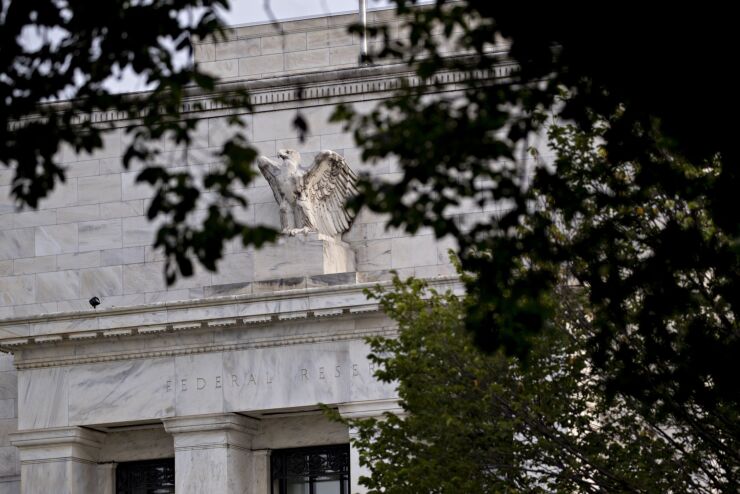The digital-asset bank suing the Federal Reserve Board and one of its regional banks over access to the payments system could still see its day in court.
U.S. District Judge Scott Skavdahl denied the Fed's motion to dismiss the case brought by Custodia Bank, a Wyoming-chartered depository seeking a so-called master account with the Federal Reserve Bank of Kansas City.
Master accounts are a single point of access for the Fed's various financial services, including payments processing. Custodia filed a lawsuit in U.S. District Court in Wyoming against both the Fed board and the Kansas City Fed in June, claiming — among other things — that they subjected the bank's application for a master account to an undue delay.
The Fed board had argued that Custodia's lawsuit was rendered moot when the Kansas City Fed formally
On Friday afternoon, the Fed rejected Custodia's request to reconsider its member bank application.
In a press release, the Fed noted that Custodia's original application was "inconsistent with the required factors under the law," but Fed rules entitled it to request reconsideration.
The Fed board and Kansas City Fed both did not respond to requests for comment on Thursday.
Along with denying the Fed's motion to dismiss the case, Skavdahl also accepted Custodia's
Custodia's lawsuit raises questions about where the authority of the Fed board ends and that of the regional reserve banks' begins, a long-debated question in bank regulatory circles but never formally explored in open court.
The bank also claims the twin rejections were part of a "coordinated effort" by the Fed board, the Kansas City Fed and other parts of the government to block all crypto-related novel banks from entering the regulatory perimeter. The same day the denials were announced, the White House also released a
Before the Fed rejected Custodia's applications, the parties were set to begin disclosing information relevant to the case — a process known as discovery — on Feb 10. The case was set to go to trial on Nov. 6. It is unclear if that date is still applicable.
Custodia must file its amended complaint by next week.







